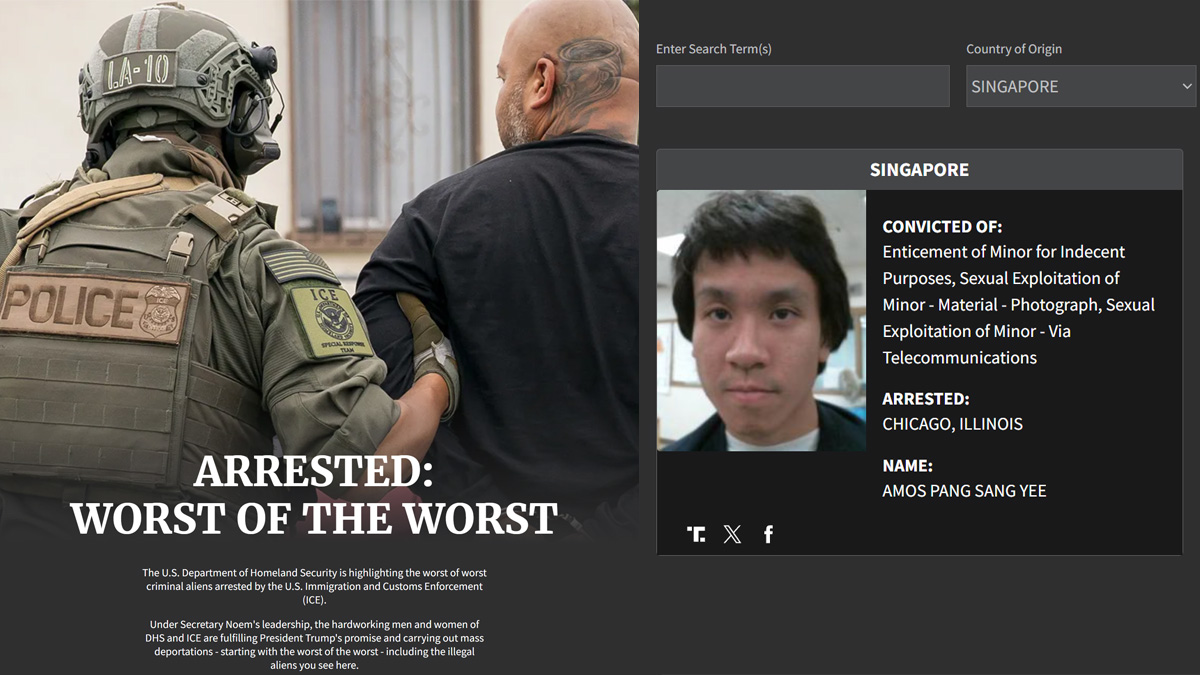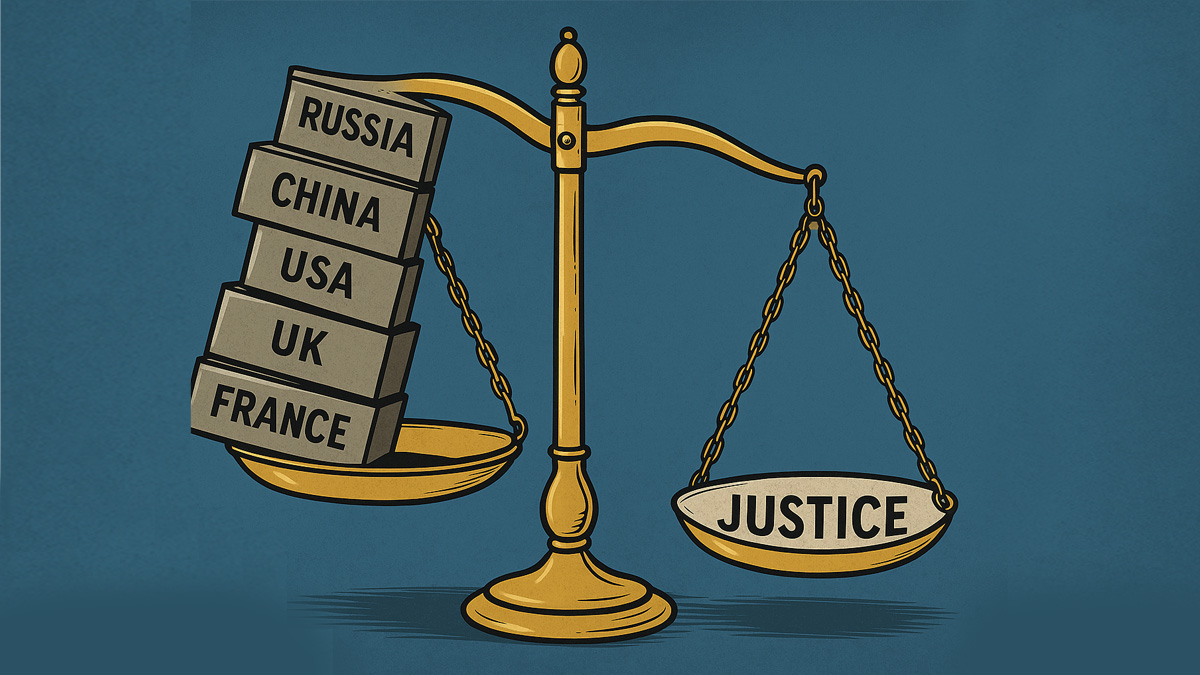Greta Thunberg accuses Israel of abduction after Gaza aid boat interception
Swedish activist Greta Thunberg said Israel “kidnapped” her and other volunteers in international waters after their Gaza-bound aid vessel was intercepted. Israel deported Thunberg to Paris, while detaining five French activists who refused voluntary departure.

- Greta Thunberg accused Israel of “kidnapping” her after its navy intercepted a Gaza-bound aid vessel in international waters.
- The activist was deported to France, while five French nationals remain detained after refusing voluntary departure.
- The incident comes amid Israel’s ongoing blockade of Gaza and international legal scrutiny over alleged war crimes.
Swedish climate activist Greta Thunberg accused Israel of abducting her and fellow volunteers after the Israeli navy intercepted their humanitarian vessel bound for Gaza on 10 June 2025.
The 22-year-old was deported to France following the operation, which occurred around 185 kilometres off Gaza’s coast, in waters recognised as international.
Thunberg’s account of interception
Speaking at Paris’ Charles de Gaulle airport, Thunberg told reporters: “Israel kidnapped us in international waters and took us against our will to Israel.”
She said the vessel, named Madleen, carried food and aid supplies and was crewed by 11 other activists from France, Germany, Brazil, Turkey, Sweden, Spain, and the Netherlands.
“This was a mission of attempting to once again bring aid to Gaza and send solidarity. And saw we cannot,” she added.
Thunberg, who has long avoided air travel for environmental reasons, was deported on an El Al commercial flight. She said her ordeal was “nothing compared to the suffering endured by Palestinians,” accusing Israel of “intentional violations of rights” and denouncing what she described as “silence and passivity” by world governments.
Detentions and deportations
While Thunberg was deported swiftly, Israeli authorities detained five French nationals who reportedly refused voluntary departure. The remainder of the crew were released or expelled.
Thunberg pledged to continue her activism: “We will not stop. We will try every single day to demand an end to the atrocities Israel is carrying out.”
Israel’s blockade of Gaza
The Israeli military has enforced a naval blockade on Gaza since 2007, which it argues is necessary to prevent weapons smuggling by Hamas and other armed groups.
Efforts to breach the blockade, often by humanitarian flotillas, have been repeatedly intercepted. Previous incidents have led to detentions, deportations, and, in some cases, violence at sea.
Rights groups including Amnesty International have long condemned the blockade as unlawful collective punishment. Israel disputes this, maintaining that its actions are legitimate under international law for security purposes.
Human toll of ongoing war
The interception comes amid the Gaza war that erupted on 7 October 2023. On that day, Hamas attacks resulted in 1,219 deaths in Israel, mostly civilians. Subsequent reports indicate some fatalities may have occurred in Israeli friendly fire under the Hannibal directive.
According to the Gaza Health Ministry, over 54,981 Palestinians have been killed since the war began, a figure considered credible by the United Nations.
After a ceasefire collapsed in March 2025, Israeli military operations resumed, causing an additional 4,701 deaths and injuring 14,879 people.
Fifty-four hostages taken by Hamas remain in Gaza, with 32 confirmed dead, according to Israeli authorities.
International legal scrutiny
Israel faces growing legal and diplomatic pressure. In November 2024, the International Criminal Court issued arrest warrants for Prime Minister Benjamin Netanyahu and former Defence Minister Yoav Gallant for alleged war crimes and crimes against humanity.
Separately, Israel is contesting a genocide case brought against it before the International Court of Justice.
Activism and wider calls for accountability
Thunberg’s involvement highlights the role of global activists in drawing attention to the humanitarian crisis in Gaza. She accused Western governments of betraying their own values by failing to act decisively.
“There are no words to describe the betrayal that is happening every day by our own governments,” she said.
Her deportation follows years of international campaigns that have attempted to break Israel’s blockade by sea. While such missions have rarely succeeded in delivering aid directly, they have attracted widespread attention to conditions in Gaza.








0 Comments